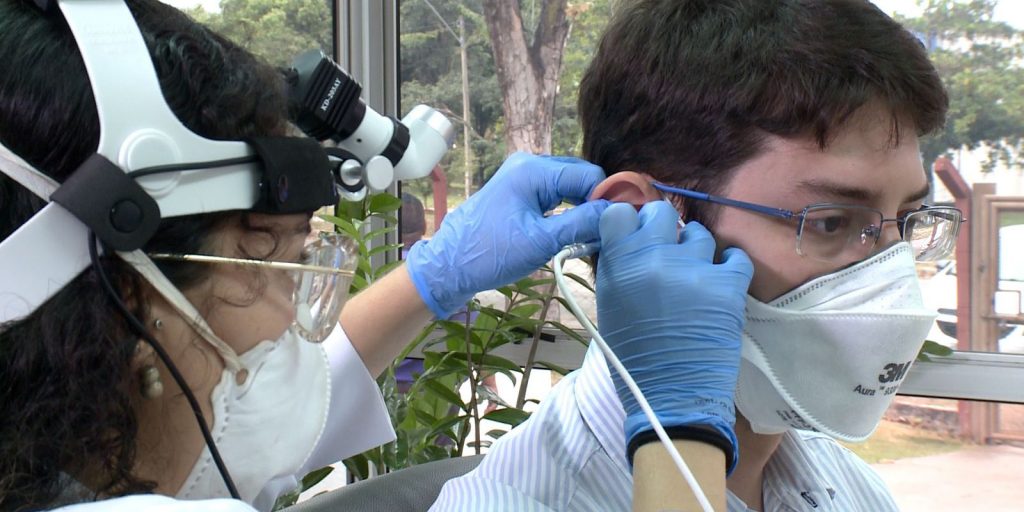How does scientific research affect people’s lives? This is the subject of the tracks of the “Science for Life” report, which airs on Sunday (11th), at 20, on Brazil TV. The team met with researchers and people who have been involved in scientific studies or have benefited in some way from the science.
Researchers Luis Eduardo Ribeiro, of Instituto Vital Brazil, and Gerson Lima Silva, of the Federal University of Rio de Janeiro (UFRJ), who were interviewed by the program, are part of a research project that is developing a serum from horse plasma to defend the organism. Those affected by covid-19, the disease caused by the new coronavirus. A study that promises to reduce the viral load of mild and moderate patients, to prevent the disease from progressing to more severe cases.
Also in the field of health, a survey conducted at the Federal University of Goiás (UFG) showed that earwax is much more than just a barrier to protect the ear from dust and external microorganisms.
Through the chemical composition of cerumen, it is possible to assess how the patient is metabolized and to determine when a disease, such as cancer, occurs. Parliamentary advisor Jose Luis Spigolon was a volunteer participant in the research.
He had already treated cancer in the past and tests indicated that he had recovered. “So, I started the experience of rediscovering the presence of cancer in my body through this research,” he says.
PhD at age 22
In the Geotechnics at the University of Brasilia, one of the researchers is Luan Ozlim, the youngest Brazilian to complete a Ph.D., at 22 years old. He has already received invitations to conduct research outside Brazil, but staying in the country is a well-founded decision. “Throughout my career, I have received support from various development agencies, whether it is Capes (Coordination of Higher Education Personnel Improvement), CNPq (National Council for Scientific and Technological Development), research support institutions, the Ministry of Education itself a series of investments and I feel I have to repay this one way or another. another,” he says.
The program will also present research conducted by the Biomedical Engineering Laboratory of the University of Brasilia, which has developed a rubber capable of treating wounds caused by diabetes; UFG study that developed a milk adulteration detection device; The Legal Amazon Development Program, of the National Research Institute for the Amazon (INPA), which works with biodiversity, climate and sustainable agriculture projects.

“Hardcore beer fanatic. Falls down a lot. Professional coffee fan. Music ninja.”







More Stories
The law allows children and adolescents to visit parents in the hospital.
Scientists pave the way for the emergence of a new element in the periodic table | World and Science
Can dengue cause hair loss? Expert explains how the disease affects hair